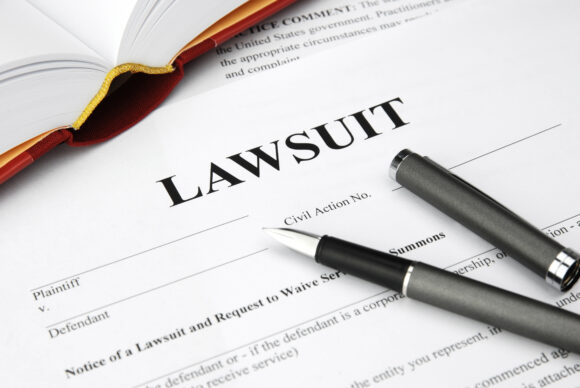A non-dependent adult child whose father died on the job does not have a right to bring a wrongful death claim against her late father’s employer, the Maryland Appellate Court has ruled.
The appeals court affirmed a circuit court that found that workers’ compensation is the exclusive remedy in a workplace death even though a non-dependent child gets no benefits under the Workers’ Compensation Act.
Summer Ledford, the late employee’s 47-year old daughter, had argued that since the workers’ compensation statute allows benefits to dependents but not to non-dependents like her, the exclusive nature of the workers’ compensation act is inapplicable to her. Therefore, she maintained, she should be allowed to sue her father’s employer for negligence under the state’s wrongful death statute.
Her suit claimed that Jenway Contracting’s negligence caused her father’s death. She sought damages for pain and suffering, and loss of services, society, companionship, comfort, protection, attention, counsel, training, guidance, and education.
Jenway succeeded in having the case dismissed by a Baltimore circuit court on the basis that the suit was barred by the exclusive remedy provision of the workers’ compensation law. The employer noted that under the workers’ compensation law, the only times the exclusive remedy is not triggered is where the employer fails to procure workers’ compensation coverage or is found to have acted intentionally to cause a workplace injury or death.
The Baltimore circuit said that because her father’s fall to his death occurred in the course of his employment, the state’s workers’ compensation law applies. The fact that non-dependents are left out of workers’ compensation does not change the “grand bargain” of the system that protects employers from liability while guaranteeing benefits to injured workers, spouses and dependents, the circuit court ruled in dismissing Ledford’s claim.
The appeals court has affirmed the circuit court’s dismissal of Ledford’s clam, citing the “plain language” of the workers’ compensation law in reaching “the inescapable conclusion” that, when a covered employee is injured or killed in the course of employment, workers’ compensation is the exclusive answer to questions of an employer’s liability and any recovery, regardless of whether an otherwise proper wrongful death plaintiff is entitled to benefits under workers’ compensation.
“It’s not perfect, it’s a compromise. Everyone loses something in a compromise,” Jenway’s lawyer commented on the workers’ compensation system in oral arguments before the court.
The appeals court noted that while Maryland courts have never expressly held that the workers’ compensation act’s exclusivity provision applies to non-dependents, the courts have “unwaveringly held” that, absent the two exceptions, an employer’s liability under the act is exclusive whenever a covered employee is injured or killed during the course of his or her employment.
The court cited two cases. First, it cited Knoche v. Cox, where the Maryland Supreme Court ruled that workers’ compensation exclusivity barred a wrongful death suit by the husband of a dental assistant killed at work by a bullet discharged from a weapon being handled by a patient in a nearby room.
The second case the court cited is Austin v. Thrifty Diversified Inc. in which the appeals court itself found that the parents of a welder who was killed at his place of employment could not bring a wrongful death action against their son’s employer.
Was this article valuable?
Here are more articles you may enjoy.


 China Bans Hidden Car Door Handles in World-First Safety Policy
China Bans Hidden Car Door Handles in World-First Safety Policy  Canceled FEMA Review Council Vote Leaves Flood Insurance Reforms in Limbo
Canceled FEMA Review Council Vote Leaves Flood Insurance Reforms in Limbo  FM Using AI to Elevate Claims to Deliver More Than Just Cost Savings
FM Using AI to Elevate Claims to Deliver More Than Just Cost Savings  Hackers Hit Sensitive Targets in 37 Nations in Spying Plot
Hackers Hit Sensitive Targets in 37 Nations in Spying Plot 